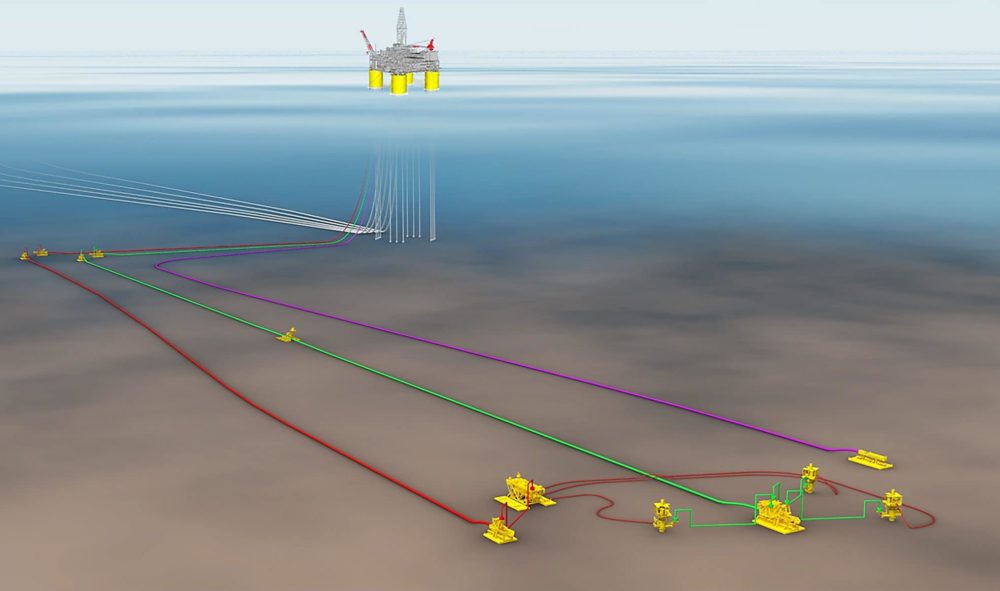
Shell said that its subsidiary Shell Offshore has started production from the PowerNap field in the deep water of the US Gulf of Mexico.
The field has been developed through a tie-back to the Shell-operated Olympus production hub in the Mars Corridor. It has three production wells, which produce via a single insulated 30.5km flowline and high-pressure gas lift capability.
PowerNap has an estimated peak production of 20,000 barrels of oil equivalent per day (boe/d).
Shell upstream director Zoe Yujnovich said: “Shell has been producing in the Mars Corridor for more than 25 years, and we continue to find ways to unlock even more value there.
“PowerNap strengthens a core Upstream position that is critical to achieving our Powering Progress strategy and ensuring we can supply the stable, secure energy resources the world needs today and in the future.”
The deep-water field was discovered by Shell in 2014. Developed 100% by the company, the field is located in the south-central Mississippi Canyon area, nearly 240km off New Orleans in a water depth of around 4,200ft.
Shell took the final investment decision (FID) on developing the PowerNap field in August 2019 with a target to begin production in late 2021. At the time of taking the FID, the field was estimated to contain over 85 million barrels of oil equivalent recoverable resources.
The company had engaged TechnipFMC for executing the engineering, procurement, construction, and installation of the subsea development.
Under the contract, TechnipFMC provided subsea hardware such as subsea tree systems, topside controls, subsea distribution controls, flying leads, and connectors for the three production wells.
The hydrocarbons produced from the field will be sent to market on the Mars pipeline, operated by Shell Pipeline and co-owned by Shell Midstream Partners (71.5%) and BP Midstream Partners (28.5%).


